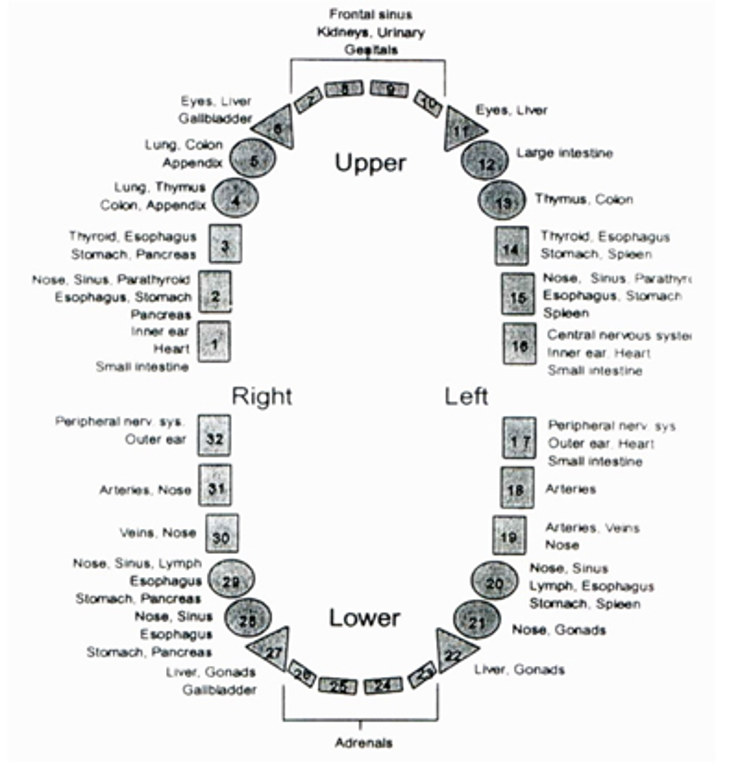Holistic dentistry views dental health as part of a larger body. The mouth and teeth are now considered to be a part of the body rather than being seen and handled separately.
According to Dr. Andrew Weil, M.D., holistic dentists diagnose, treat, and prevent oral diseases by utilizing natural therapies frequently in conjunction with conventional ones.
Since the oral cavity serves as the entry point and portal for numerous microbial infections to enter the bloodstream, the state of our teeth has a significant impact on our overall health. It may increase the risk of developing heart disease, stroke, diabetes, and other illnesses.
95% of Americans with diabetes have gum disease, and people with periodontal disease find it hard to control blood sugar levels. Also, the human immune-deficiency virus (HIV) may first exhibit symptoms in the mouth.

Additionally, research has found a link between the incidence of premature and low birth weight babies. People with respiratory infections have more difficulties breathing when their oral health is compromised.
Poor oral health can affect social interaction, self-esteem, and intimacy, and also contributes to depression and other mental health conditions.
It is believed that each tooth is linked to the health and wellness of some other part in the body, so a toothache in a specific place in the oral cavity can be a sign of some other health issue.
The meridians that connect to the teeth include:
- Incisors and canine teeth are linked to the kidney, liver, and gallbladder.
- The meridians from bicuspids and molars are connected to the large intestine and stomach.
These meridians link the teeth to various organs, glands, muscles, and joints in the body:
- Molar pain can be a sign of rheumatism, anemia, stomach and intestinal ulcers, breast health, chronic gastritis (inflammation of the stomach lining), hemorrhoids, bladder infections, and chronic inflammation of the pancreas.
- Wisdom teeth can signal headaches, heart disease, high blood pressure, eczema, liver disease, and pain in the extremities.
- Pain in the upper and lower incisors can be a symptom of kidney, bladder, and ear infections as well as issues with the lymphatic system and reproductive organs.
Moreover, these links can be also explained in details:
- Pain in the first incisor indicates prostate or tonsil infection.
- Chronic pain in the canine teeth signals liver or gallbladder inflammation
- Pain in the bicuspid (premolar) teeth can be a sign of colitis, pneumonia, allergic reaction, or intestinal flora imbalance (dysbacteriosis)
- Pain in the fourth teeth (top and bottom) can be a sign of joint pain and joint disease, and issues with the lungs and large intestine.
- Bottom canine teeth are linked to the circulatory system and pain can indicate atherosclerosis or lung dysfunction.
- Pain in the lower molars might signal respiratory illness, varicose veins, or polyps in the colon
In case you want to treat the toothache in a more comprehensive
way, do some research and find a well-trained holistic dentist in your
town.

